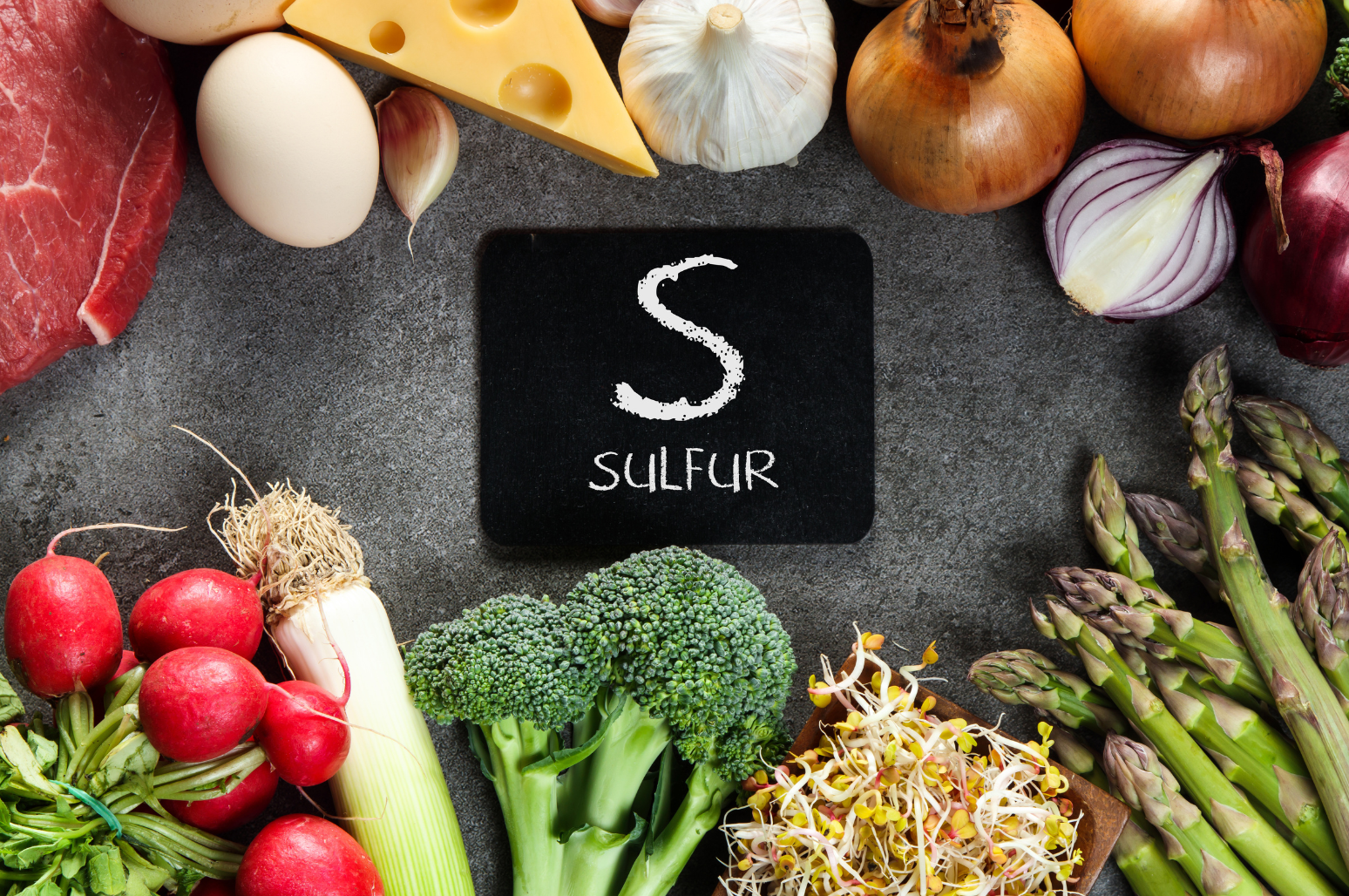Should You Eat Vegetables on a Keto Diet?

When you think about the keto diet, what comes to mind?
Bacon? Sure.
Avocados? Definitely.
But what about leafy green vegetables like broccoli?
It’s no secret that vegetables are a vital part of a healthy diet. So why should the ketogenic diet be any different? One of the most common misconceptions about the diet is that going keto means eating only bacon, eggs, and avocados while cutting out your vegetable intake. This could not be further from the truth. Nutrient-dense, low glycemic vegetables are a cornerstone of healthy long-term success on the ketogenic diet.
Vegetables on the Keto Diet: The Disconnect
By now it’s no secret that low-carb ketogenic diets can be beneficial for weight loss. This is why many individuals start the keto diet in the first place. However, there is still some gray area when it comes to which foods are allowed on the keto diet or not.
Vegetables, in particular, tend to cause the most confusion. Now, you might assume vegetables are a no-go on the keto diet due to their particular carbohydrate and fiber content, but the truth is every vegetable is different.
While the ketogenic diet may get a bad rap for being filled with bacon and cheese, this is not the case at all. In fact, vegetables are key components to a successful ketogenic diet.
So, what is the missing link here?

Total Carbohydrates vs. Net Carbs
When following the keto diet, keeping your carb intake around 5% to 10% of your daily calorie intake is important in order to maintain ketosis. However, not all carbs are created equal. When it comes to the ketogenic diet, paying attention to the net carb count of food is just as important as the type of food you’re eating.
What are Net Carbs?
The net carbohydrates of food are what’s left after subtracting the grams of fiber per serving from the total carbohydrate amount per serving.
For example, if an item has 10 grams of carbohydrates and it contains 6 grams of fiber, then the amount of net carbs the item contains is 4 grams.
Fiber is subtracted from the overall carb count because it can’t be broken down into digestible sugar molecules like other high-impact carbs. While everyone is different, the standard ketogenic diet (SKD) proposes an intake of anywhere from 20 to 50 grams of (net) carbs per day.
Benefits of Vegetables on the Keto Diet
Now we know how many veggies we can eat on the ketogenic diet, but why should we be eating them in the first place? A healthy keto diet provides all of the nutrition and fiber that you need for peak performance. This includes an abundant amount of low-carb veggies.
Studies have shown that eating vegetables will help you feel full faster and longer. But what are some other benefits of veggies on the ketogenic diet?
Green, leafy vegetables provide your body with a number of micronutrients such as vitamins A, C, and K and iron. They help fight inflammation, provide you with antioxidants and support optimal bone, brain and heart health. [1] [2] These veggies are low on the glycemic index so you don’t have to worry about raising your blood sugar levels. [2]
It is true that vegetables contain carbohydrates. But most of these carbohydrates come from net carbs due to fiber and micronutrients. So how do you know which low-carb veggies are best to eat on the keto diet?
Best Vegetables on the Keto Diet
Try to include 3 to 5 servings of vegetables a day of some of our favorite low-carb veggies:
- Spinach
- Kale
- Broccoli
- Swiss chard
- Collard greens
- Romaine lettuce
- Arugula
- Bok Choy
- Radishes
- Zucchini*
- Cauliflower
- Green cabbage
- White cabbage
- Cucumbers*
- Brussels sprouts
- Turnips
- Green beans
- Asparagus
- Bell peppers*
- Snow peas
- Summer squash*
* Technically, a fruit, but commonly referred to as a vegetable.
Keto Vegetable Recipes
If you’re looking for ways to enjoy veggies on keto, try one of these go-to recipes:
- Keto Mashed Cauliflower
- Keto Spinach Frittata
- Keto Brussels Sprouts and Bacon Hash
- Keto Cheesy Creamed Kale

Can I Eat Too Many Vegetables on a Ketogenic Diet?
When it comes to vegetables, there are some you should consume in moderation and some you should avoid completely. The two types of vegetables you want to avoid include starchy vegetables and legumes.
Avoid the Following Vegetables
- Sweet potatoes
- Yams
- White potatoes
- Parsnips
- Baby carrots
- Raw carrots
- Corn
- Butternut squash
Enjoy in Moderation
- Cooked carrots
- Rutabaga
- Onions
- Winter squash
The key to choosing which (and how many) veggies to consume on a keto diet is to know your keto macro goals and which vegetables that are both high in fiber as well as low in sugar to not impact your glucose levels.
Enjoy Veggies with Keto
If you’re thinking you can’t consume veggies on the keto diet, think again. Whether you’re adding them to your weekly meal prep, preparing them as a side dish with a healthy fat source, sautéing them or serving them in a soup, they’re a great source of fiber and nutrients.
References
Slavin, J.L., et al. Health benefits of fruits and vegetables. Adv Nutr. 2012; 3(4): 506–516.
Hardin, J., Cheng, I., et al. Impact of consumption of vegetable, fruit, grain and high glycemic index foods on aggressive prostate cancer risk. Nutr Cancer. 2011; 63(6) 860-872.









Fruits have seeds in them or on them. Zucchini, cucumber, squash, peppers are all fruits. I only point this out because you have correctly identified tomatoes and avocados as fruits in a separate article.
Corn is the seed of a grass and is generally accepted as a grain, not a vegetable.